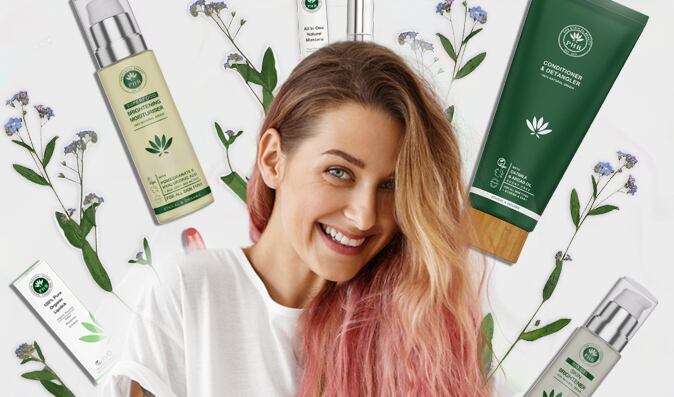The global halal cosmetics market is predicted to grow from $16bn in 2015 to $52bn by 2025, according to a report by Grand View Research (2017). With exclusive insights from ingredient supplier Croda and independent beauty brands PHB Ethical Beauty, we uncover the story behind the rising trend.
Ingredients: a manufacturer’s perspective
We caught up with Croda, which has been making efforts in this space: most recently, 15 biopolymers form the company’s portfolio have been certified as halal-approved, taking its total number of halal-certified ingredients to 743.
“By gaining certification, we can easily help our customers select ingredients to meet the requirements of the growing halal market. Certified ingredients mean customers can guarantee quality and traceability from us as their ingredient supplier,” the company tells Cosmetics Design.
Why now, what industry drivers are there for the rise in popularity of halal beauty?
Halal is a way of life based on the teachings of Islam and a term that is used to describe items that are considered acceptable for consumption or use, explains Croda.
“Whilst most often associated with food, halal applies to all aspects of life – including beauty and personal care products. The sudden rise in prominence of halal within the personal care industry can be attributed to a range of factors, such as changing consumer lifestyles and people becoming more educated about the goods they purchase and the ingredients in them,” the company says.
Croda explains that a recent change in legislation in Indonesia, that requires all consumer products to have halal certification by 2019, has been a catalyst for global market growth.
This, alongside Islam being the fastest growing religion in the world according to Pew Research Centre (2017), has been a driving force in the demand for halal-certified ingredients.
Where are we seeing the trend?
Although the Asia Pacific region is dominating the halal product landscape due to its large Muslim population, there is an increasing global interest in halal beauty, influenced by consumer associations with health and wellbeing, explains Croda.
“Halal beauty is often viewed by consumers as having a strong ethical profile, which can be associated with values such as social responsibility and environmental impact and this has been a big contributing factor to the rapid growth in demand in western markets,” the company says.
For more on Croda’s efforts in halal ingredients, its ‘Formulating for Halal: Certified Ingredients Guide’ can be found in its dedicated halal website section.
Indie player: a case study
PHB Ethical Beauty (PHB) is an independent beauty player in the UK with a product range of over 100 items that it describes as 100% naturally derived, vegan, cruelty-free and halal.
We asked the brand why for its take on the rising interest in halal beauty, even in countries that are not muslim-majority.
“Customers want transparency and people are becoming more educated as to the harmful ingredients used by many companies,” the brand explains.
“Halal Certification guarantees that PHB products are free from haram alcohol which is not only great for Muslims but health conscious consumers who don't want to cover their body in harsh and damaging chemicals.”

How to manufacture truly halal products?
PHB explains that one of the biggest challenges has been creating 100% naturally derived products that are vegan, cruelty free and halal certified as “hardly any other brands are creating products like this”.
“It's taken a lot of researching and investigation and it also meant that we decided to manufacture our products ourselves rather than work with a manufacturer as most brands do,” the brand says.
“This has ensured our products are unique, cutting edge and also handmade in the UK. This process has involved opening warehouse and manufacturing facilities and has been so much fun whilst a little stressful too at times!”

